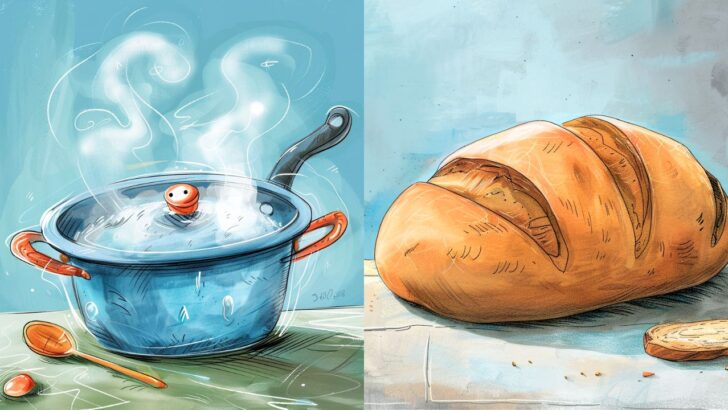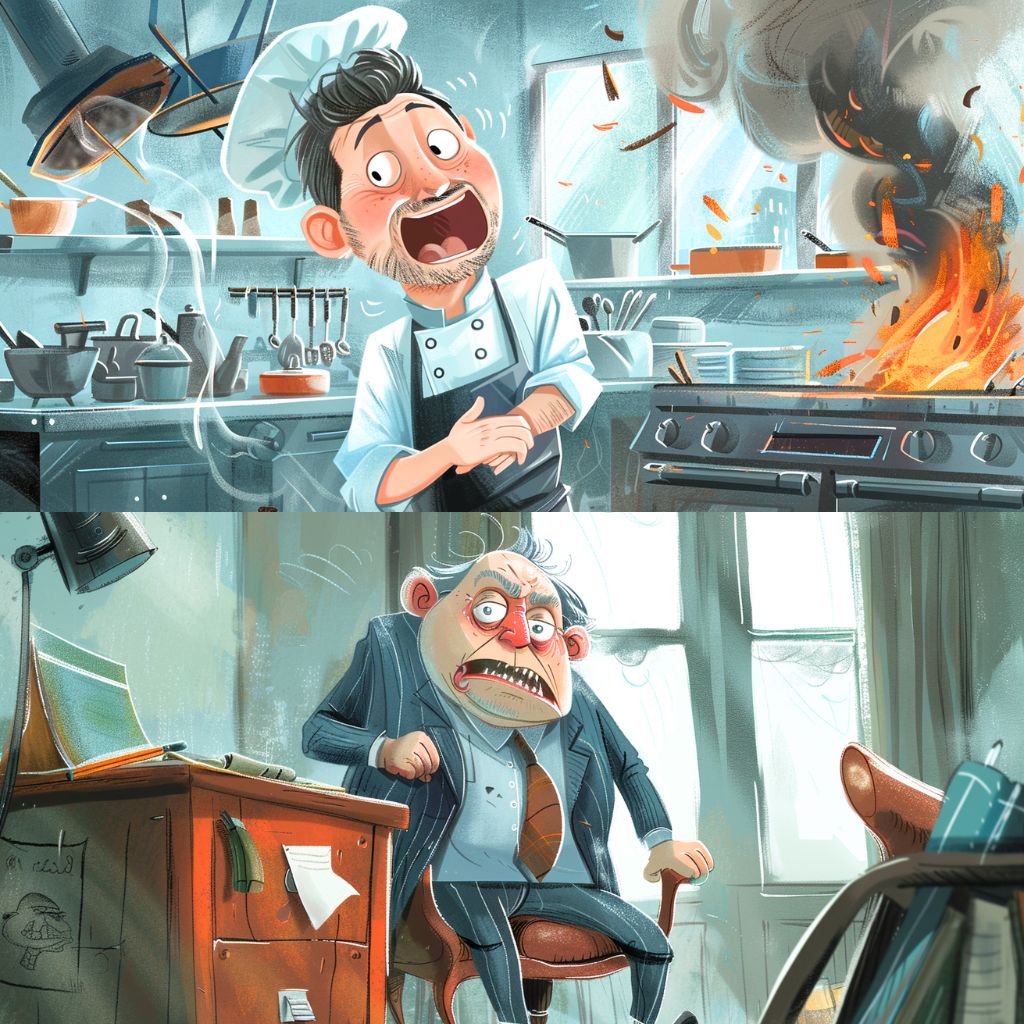Ever found yourself in a hilarious language mix-up, dear Linguaholic?
That’s the charm of false friends – words that sound alike in different languages but mean totally different things.
These look-alikes can lead to funny misunderstandings.
Ready to laugh and learn?
Well, let’s jump on in!
1. Embarrassed (English) vs. Embarazada (Spanish)
- Embarrassed: Feeling awkward or ashamed.
- Embarazada: Pregnant.
- Example: “He said he was ’embarazada’ in front of the class!”
2. Gift (English) vs. Gift (German)
- Gift: A present.
- Gift: Poison.
- Example: “Don’t accept any ‘Gift’ in Germany!”
3. Parent (English) vs. Parente (French)
- Parent: Mother or father.
- Parente: Relative.
- Example: “I told my French friend that my ‘parents’ were coming over, and she thought I had a huge family reunion planned!”
4. Actual (English) vs. Aktuell (German)
- Actual: Real, existing.
- Aktuell: Current, up-to-date.
- Example: “I asked for the ‘actual’ news and got yesterday’s update instead.”
5. Preservative (English) vs. Préservatif (French)
- Preservative: A substance used to preserve food.
- Préservatif: Condom.
- Example: “She was shocked when I asked if the jam had ‘préservatifs’.”
6. Library (English) vs. Librería (Spanish)
- Library: A place where books are borrowed.
- Librería: Bookstore.
- Example: “I asked for the ‘library’ and was directed to buy books instead.”
7. Chef (English) vs. Chef (French)
-
- Chef: A professional cook.
- Chef: Boss or leader.
- Example: “I said my ‘chef’ was great, and they thought I had an amazing boss!”
8. Sensible (English) vs. Sensible (Spanish)
- Sensible: Practical and reasonable.
- Sensible: Sensitive.
- Example: “I said he’s very ‘sensible’, and they thought he was overly emotional.”
9. Eventual (English) vs. Eventuel (French)
- Eventual: Happening at some future time.
- Eventuel: Possible.
- Example: “We discussed ‘eventual’ plans, and they were confused about the certainty.”
10. Fabric (English) vs. Fábrica (Spanish)
- Fabric: Material.
- Fábrica: Factory.
- Example: “I wanted some ‘fabric’, and they pointed me to an industrial area!”
11. Assist (English) vs. Assister (French)
- Assist: To help.
- Assister: To attend.
- Example: “I said I’d ‘assist’ the meeting, and they waited for me to help set up.”
12. Sympathetic (English) vs. Sympathique (French)
- Sympathetic: Feeling compassion.
- Sympathique: Nice, friendly.
- Example: “I called her ‘sympathique’ and she thought I was being overly empathetic.”
13. Brave (English) vs. Bravo (Spanish)
- Brave: Courageous.
- Bravo: Angry.
- Example: “I told him he was ‘bravo’, and he got even angrier!”
14. Pan (English) vs. Pan (Spanish)
- Pan: A cooking utensil.
- Pan: Bread.
- Example: “Asked for ‘pan’ to cook, got a loaf of bread instead!”
15. Gross (English) vs. Gros (French)
- Gross: Disgusting.
- Gros: Big, fat.

Hey fellow Linguaholics! It’s me, Marcel. I am the proud owner of linguaholic.com. Languages have always been my passion and I have studied Linguistics, Computational Linguistics and Sinology at the University of Zurich. It is my utmost pleasure to share with all of you guys what I know about languages and linguistics in general.






